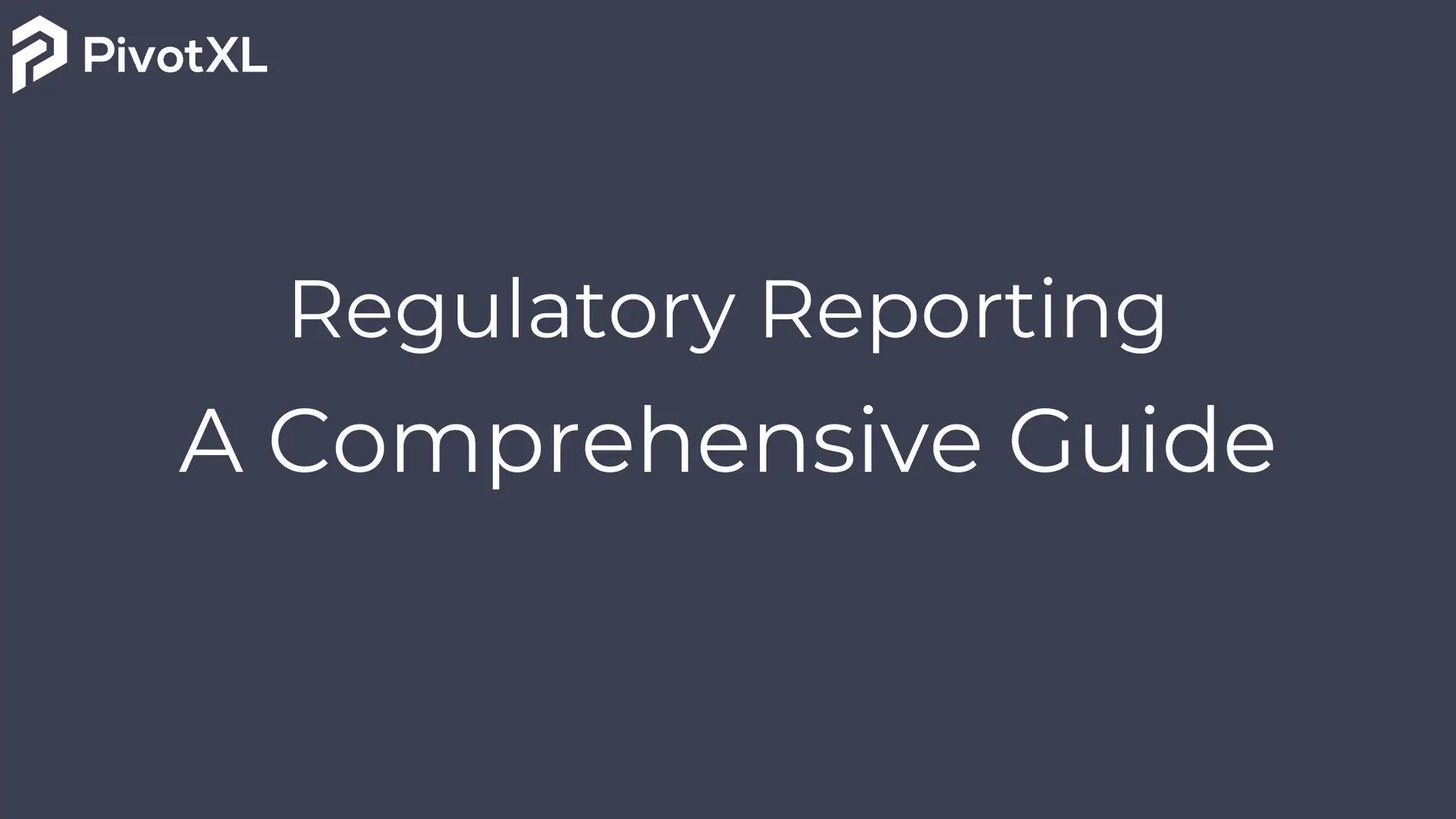What is Regulatory Reporting?
Regulatory reportings refers to the process of submitting financial and operational information to regulatory authorities to ensure compliance with laws and regulations. It is a crucial part of business operations for industries such as finance, healthcare, and energy. Regulatory reporting helps maintain transparency, reduce risks, and promote market stability.
Why is Regulatory Reporting Important?
- Compliance: Adhering to laws and guidelines to avoid penalties.
- Transparency: Ensuring stakeholders and regulators have accurate data.
- Risk Management: Identifying and addressing potential operational risks.
Without effective regulatory reportings, businesses face fines, reputational damage, and even operational shutdowns.
Challenges in Regulatory Reportings
- Data Accuracy: Ensuring all reports are error-free.
- Dynamic Regulations: Adapting to frequently changing compliance standards.
- Complex Processes: Integrating multiple data sources for seamless reporting.
Best Practices for Effective Regulatory Reportings
- Automation: Implement reporting software to streamline data collection and submissions.
- Stay Updated: Regularly monitor regulatory changes to align your reporting practices.
- Data Governance: Maintain clean and organized data to ensure accuracy in regulatory reportings.
Modern Tools for Regulatory Reporting
Today’s businesses rely on advanced tools like PivotXL to meet regulatory reportings demands. Platforms leveraging AI and machine learning provide efficient data processing, ensuring compliance with minimal manual intervention.
Conclusion
Regulatory reportings is a vital aspect of ensuring business compliance and fostering trust. By adopting best practices and modern tools, organizations can streamline their regulatory reportings processes and minimize risks.




